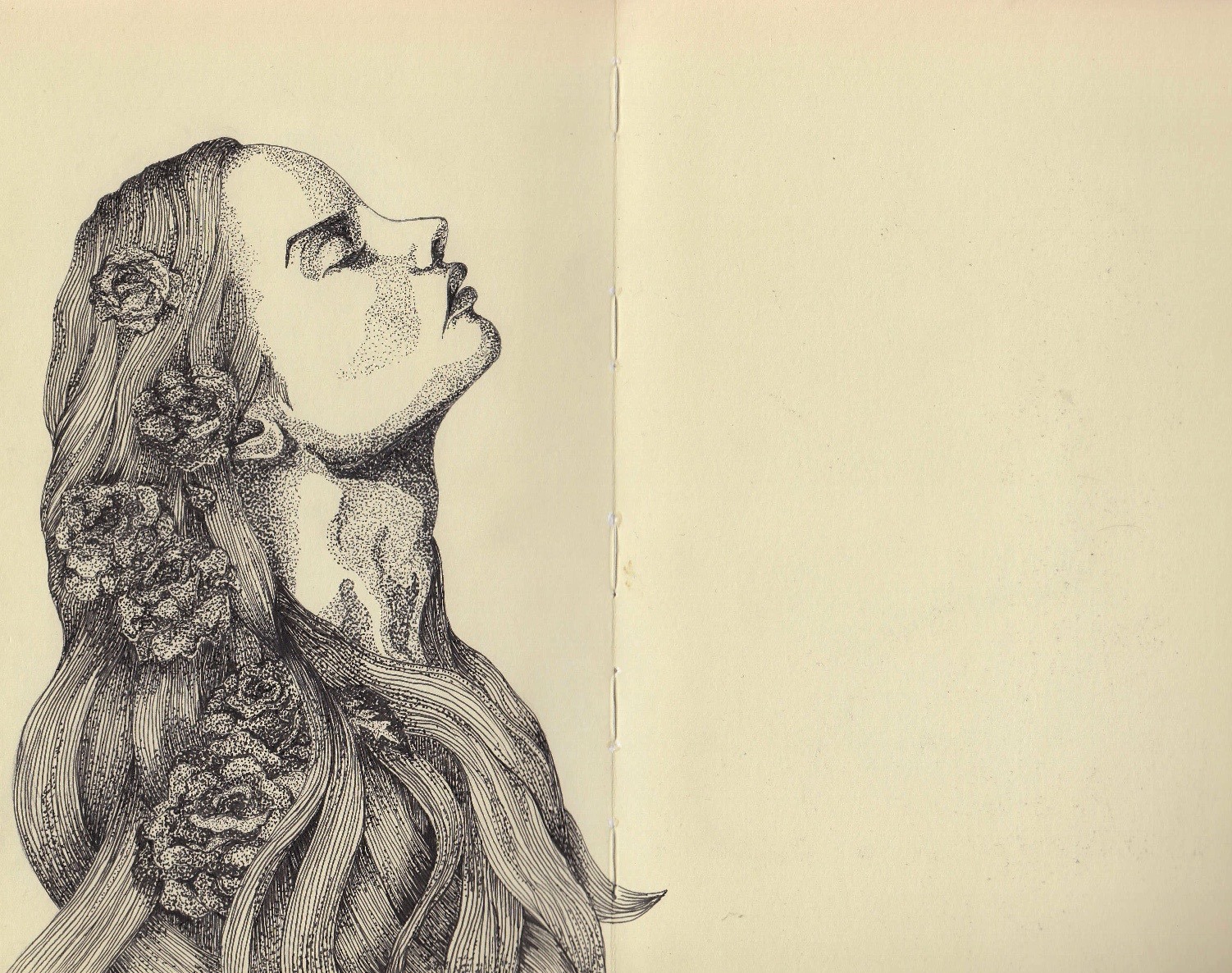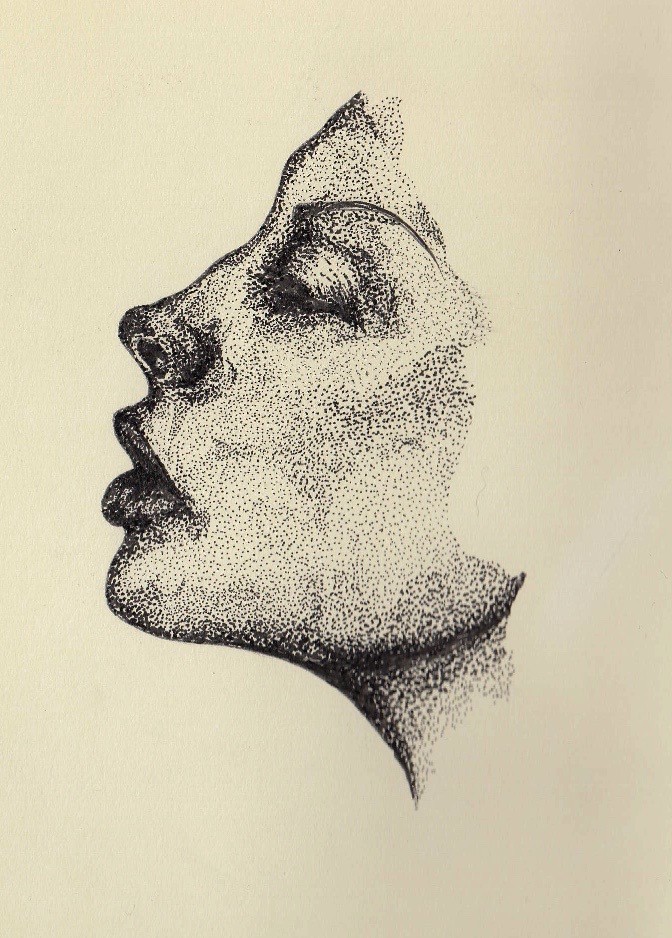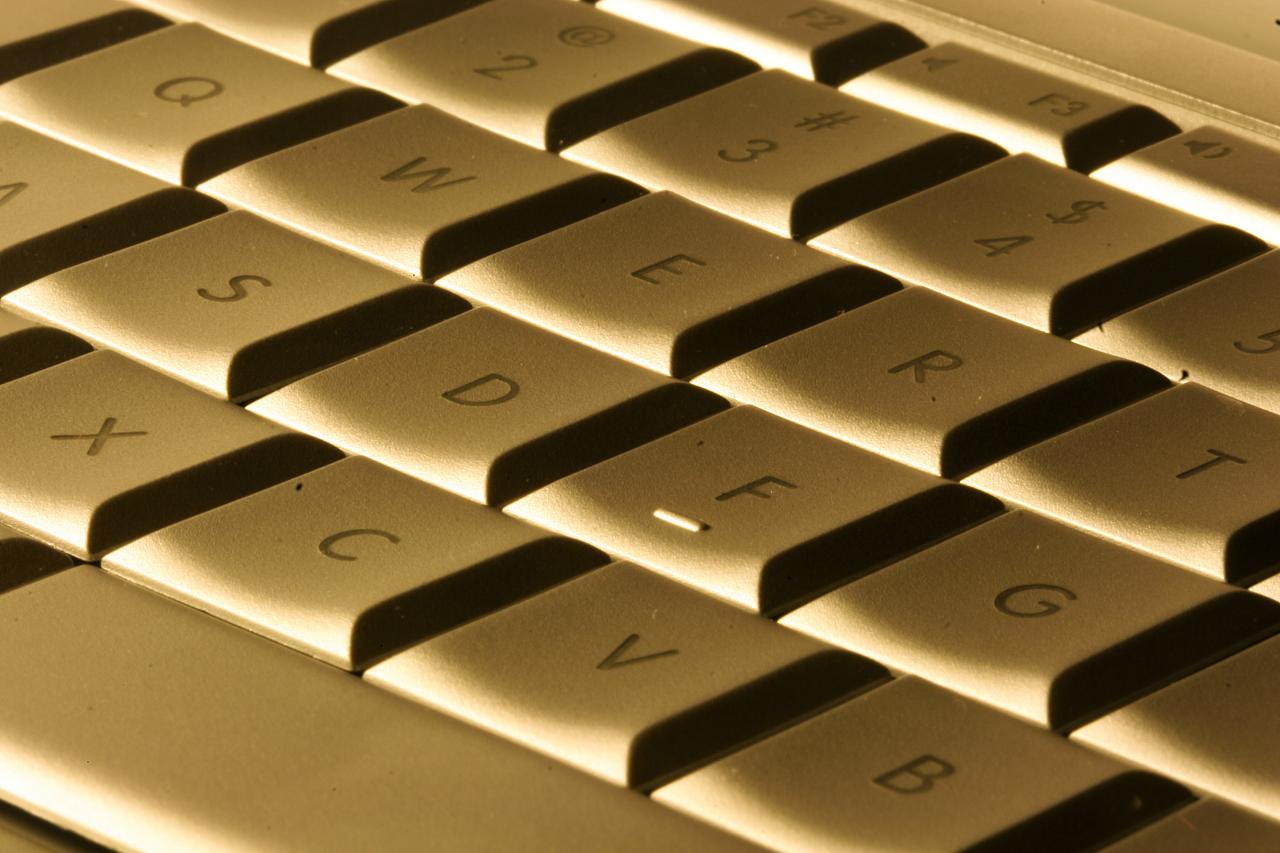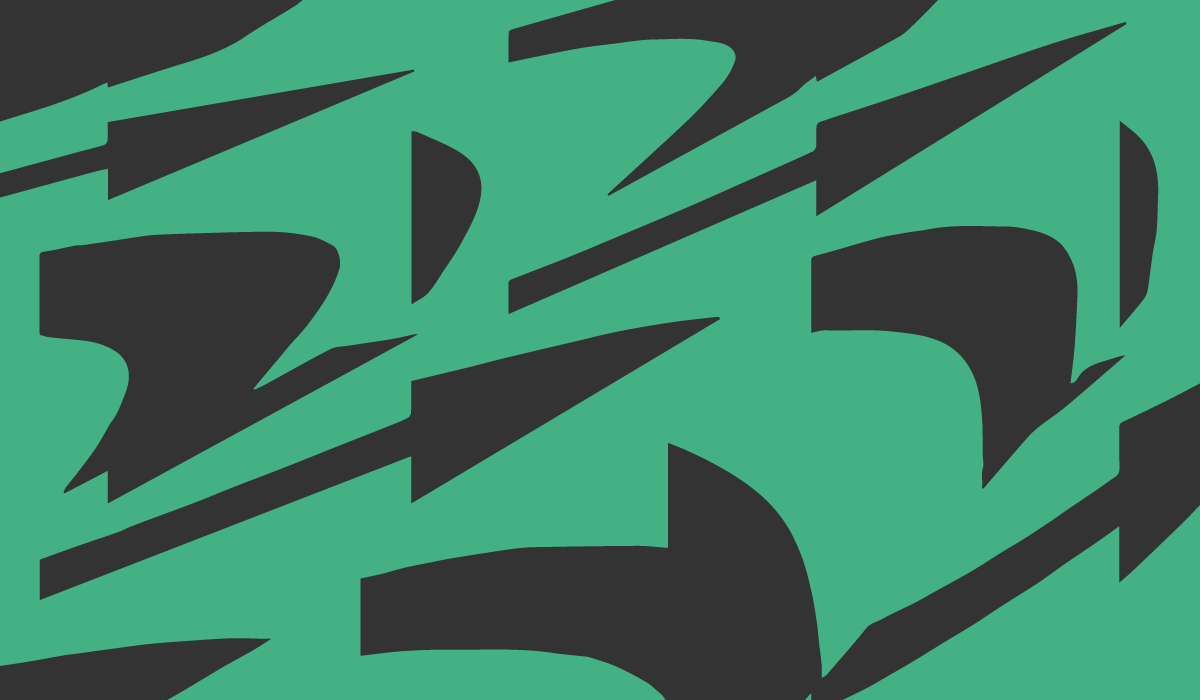
Restless Modernity: How sleeplessness reflects the peculiarities of contemporary life
“We live as we dream — alone…”—Joseph Conrad, Heart of Darkness
Attempting to characterise any period of history by one quality or sensation is, at best, a good way to cause an argument: at worst, a lazy oversimplification. Is the zeitgeist of a given era something that is generated as it happens, or is it imposed retrospectively to create a coherent story out of the ungovernable mess that is history?
These are questions that I plan to ignore for the moment, because they rather complicate my argument. People with more brainpower and inclination can run themselves into the dirt arguing about the creation of eras, but I am going to press on stubbornly and say this: the present time is a restless one. Twenty-four hour rolling news; plans that are moved backwards and forwards at will thanks to our capacity for constant communication; six internet tabs open at once, all of them looked at for only a few moments each.
In the course of writing the one hundred and fifty words above, I got up to wander aimlessly around my kitchen four times, flicked over to look at the Internet twice, and checked my phone more times than I can honestly remember. The desire for a constant change of something is overwhelming, and mostly unconscious.
We are also restless in the more literal sense. Increasing numbers of us sleep less than we should, and the problem is particularly pronounced among children; NHS referrals for under fourteens with sleep disorders have tripled over the last ten years[1]. Many find that the sleep they do have is disturbed, waking frequently in the night to toss and turn, then feeling tired in the morning.
The link between these different types of restlessness is not difficult to discern. Sleep experts across the globe have decried our constant checking of screens and our excessive consumption of caffeine, particularly in the sugary, energy-drink form beloved of adolescents everywhere. The light from phones and other forms of technology disturbs the production of melatonin, the hormone that alerts the body that it’s time to sleep, and research suggests that our constant flipping between tasks during the day makes it more difficult to switch off at night.
Well, I hear you say. I think I can resolve this issue. Let’s all just look at our phones a bit less, especially in the hour before bed—problem solved?
Yes, quite. The problem is that this is becoming increasingly impossible. For many people in insecure work, hours are given or taken away via a text or a call, often at the last minute. Even people in relatively secure, nine-to-five jobs are often expected to be constantly accessible in a moment of need, whether via email or a call. Our dependence upon the same devices for work and leisure is erasing the line between the two, leading us towards a culture in which we are forever at the beck and call of our jobs, with no allowances made for missing a call, and no time in which we are free not to think about work at all.

The effects of this so-called flexible working are still unclear, but one recurring theme across criticism of the new work pattern is stress. Stress, in case your boss doesn’t ring offering the hours you need to support yourself or your family. Stress, because your boss never stops ringing you and asking you to work more. Stress, because you feel like you should be doing that semi-important thing for work which, instead of being left in the office at five o’ clock and forgotten until tomorrow, is carried everywhere with you in your pocket. The link between stress and disturbed sleep, or even insomnia, is well recorded. The combination of stress and the need to constantly check one’s emails goes a long way to explaining our current issues with sleeplessness.
Well, so what? Disturbed sleep isn’t the worst price imaginable for all the benefits that modern technology can provide us with, and besides, some people have been working this way for years: On-call doctors, emergency services, bar-staff who only leave work at three AM. Still, it’s difficult not to feel that for those of us who aren’t providing key public services—healthcare, crime prevention, booze—sleep time should be off-limits to bosses and phone companies and the cacophony of other voices that beg for our attention throughout the day. To be constantly on-call, as more people than ever feel they are, is a peculiarly modern phenomenon.
As our ‘private lives’ become increasingly public and we ourselves become ever more accessible, sleep seems to have become a final frontier in the technological revolution. Sleep remains the one aspect of our lives that is entirely private, unshared even with those closest to us. From the moment we fall asleep to the moment we wake, our experience is entirely private and largely uncommunicable, locked inside our own heads. We can’t yet Instagram our dreams—although, imagine how much cooler scrolling through your newsfeed would be if we could—and the bizarre, somewhat lonely quality to them, recognised by Conrad and so many others, remains unchanged when almost all else has been transformed. Small wonder, then, that we seem expected—required, even—to give it up; to sleep as little as we can, so as to spend more of our time switched on, online, communicating. It isn’t difficult to imagine a world in which people don’t sleep at all, simply plugging themselves in for a five-minute recharge before zipping off to do whatever pressing task is up next.
And maybe that would be no bad thing. After all, spending six to eight hours of every day unconscious and unthinking is surely a colossal waste of time. We’re all hurtling towards death. The least we can do to make the most of our time here is to spend it awake, right?
Maybe. To spend our lives conscious, aware, and observing, doesn’t sound like the worst thing. But equally, to be awake all the time means not only having to spend that time in the company of others—and let’s face it, that’s frightening enough on its own—but also having to spend more time with ourselves. When we sleep, we are at least given brief respite from our own thoughts. Dreams, however strange or stressful they might be, force us into the role of passive onlooker, acting largely according to the ‘script’ of the dream, as opposed to our conscious personalities and decision making faculties. It doesn’t really matter that in waking life you are far too self-conscious to go anywhere without four layers of clothing on; in sleep, you’ll still turn up to school stark naked. This unconsciousness might sometimes be terrifying, but it is still a change from the ever-present buzzing of thought. Could we survive without ever having a break from ourselves? Perhaps it would be best not to find out.
Sleep is one of our most basic needs, and we reduce its place in our lives at our peril. Whether any of us can really practice #cleansleeping, however, is dubious. Most of us have too many claims on our attention to realistically be able to abandon the phone, or the stress. What we could do is to push for better regulation of short-notice shifts and out-of-work hours calls—to reject the expectation that we will always be only a phone call away. And of course, we could try being more patient in our personal lives when people don’t immediately respond to our messages, but frankly, that sounds like a lot of effort.
As for Dreamstagram (you heard it here first): I’m having some second thoughts. Picture this— your most overshare-happy Facebook acquaintance posts every single dream they ever have, ever. They’re exactly as boring as you’d always expected.
[1] 1https://www.theguardian.com/lifeandstyle/2017/mar/04/go-school-two-half-hours-sleep-british-children-arent-sleeping
Images by Jessica Heywood







